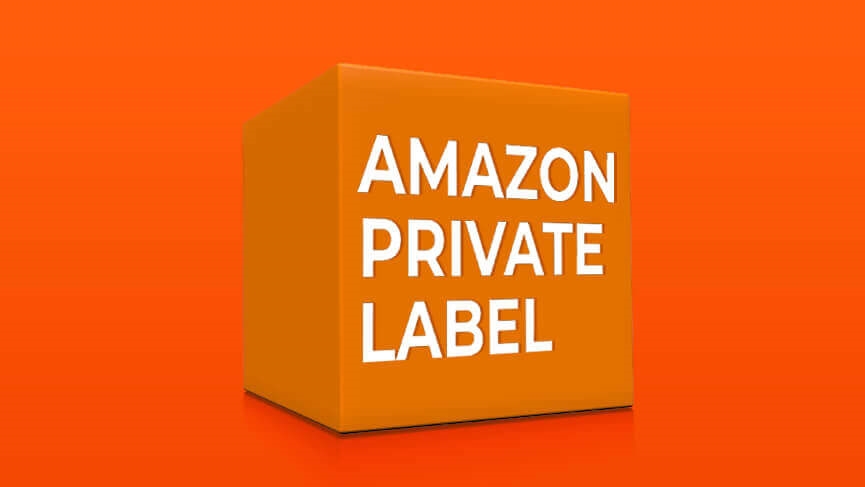Search And Amazon’s Private-Label Business
How many brands create private-label products based on their own internal search data?
 Publishers have begun to create content for their websites based on the keywords used in searches. For example, if a health and beauty magazine notices a high percentage of searches with the keywords “skincare products,” they would take the hint and create articles around those keywords.
Publishers have begun to create content for their websites based on the keywords used in searches. For example, if a health and beauty magazine notices a high percentage of searches with the keywords “skincare products,” they would take the hint and create articles around those keywords.
Could the same work at Amazon to develop its private-label line of products? More product searches begin at Amazon, but how does the marketplace get consumers to make the purchase?
Rather than search for a generic term like “skincare products” or a brand, consumers now search for specific ingredients such as “white water-lily extract.”
Amazon launched Belei, a skincare product line, in March. Their nascent private-label business only accounts for 1% of its total sales, according to Vox, citing a Marketplace Pulse report.
Manufacturers need to key off of trends. Brands need to identify the price and ingredients within their products that consumers want to buy. A moisturizer isn’t just a moisturizer, as more people search for information on specific content within skincare products, for example, according to one report, which discussed Amazon’s private-label business.
Not mentioned was how Amazon could use search keywords related to beauty products as a way to increase its market share by developing related products.
Matthew Mierzejewski, SVP search capability lead at Merkle, said Amazon likely has people in the skincare area to identify the trending keywords, but rather than building an immense database with all the words related to ingredients, it focuses on words that are trending at the time. “They’re probably looking at the adjective-based words that supplement searches,” he said. “If they’re going to build a product, they’re going to look for feature qualifying words that standout in a vertical.”
During the last MediaPost Search Summit, Hoda Sheidaei, senior digital platforms and innovations manager at Kia Motors America, spoke about how the company uses keywords in site search to develop products.
“It’s like you take a big old scoop of data and sift like panning for gold,” Mierzeiewski said.
More retailers create private-label products based on their own data, he said, along with Kroger, Target and Walmart.
Walmart recently announced in February the acquisition of Aspectiva, an Israeli-based company focused on machine learning, to take advertising in-house and develop private-label products.
(45)